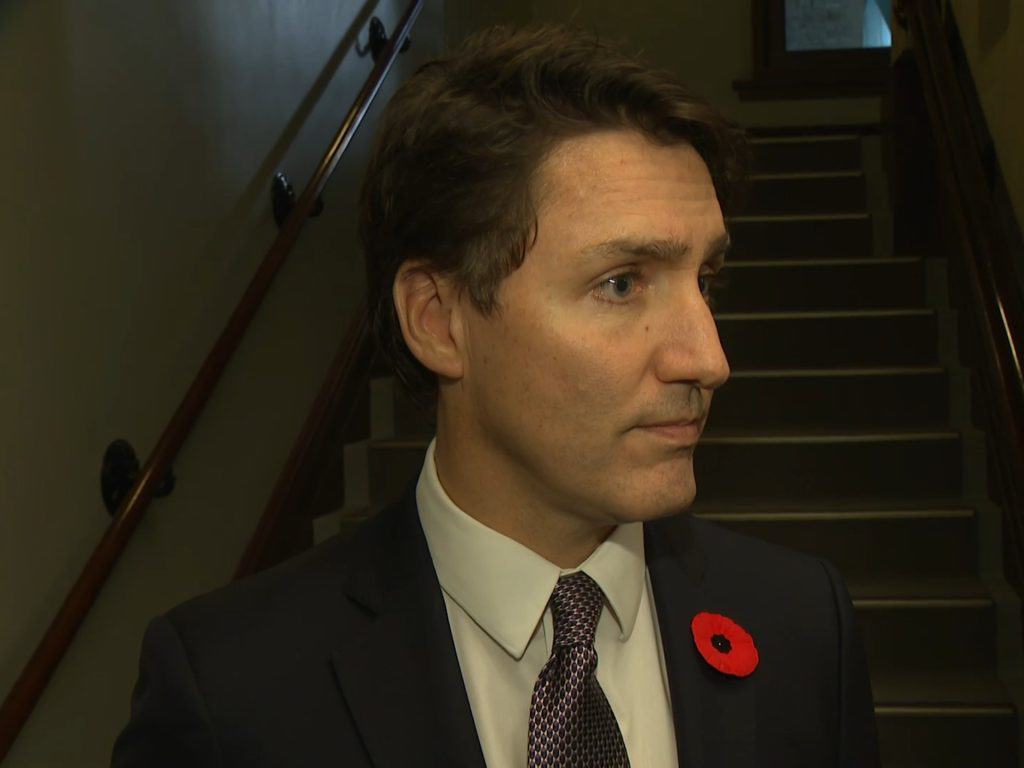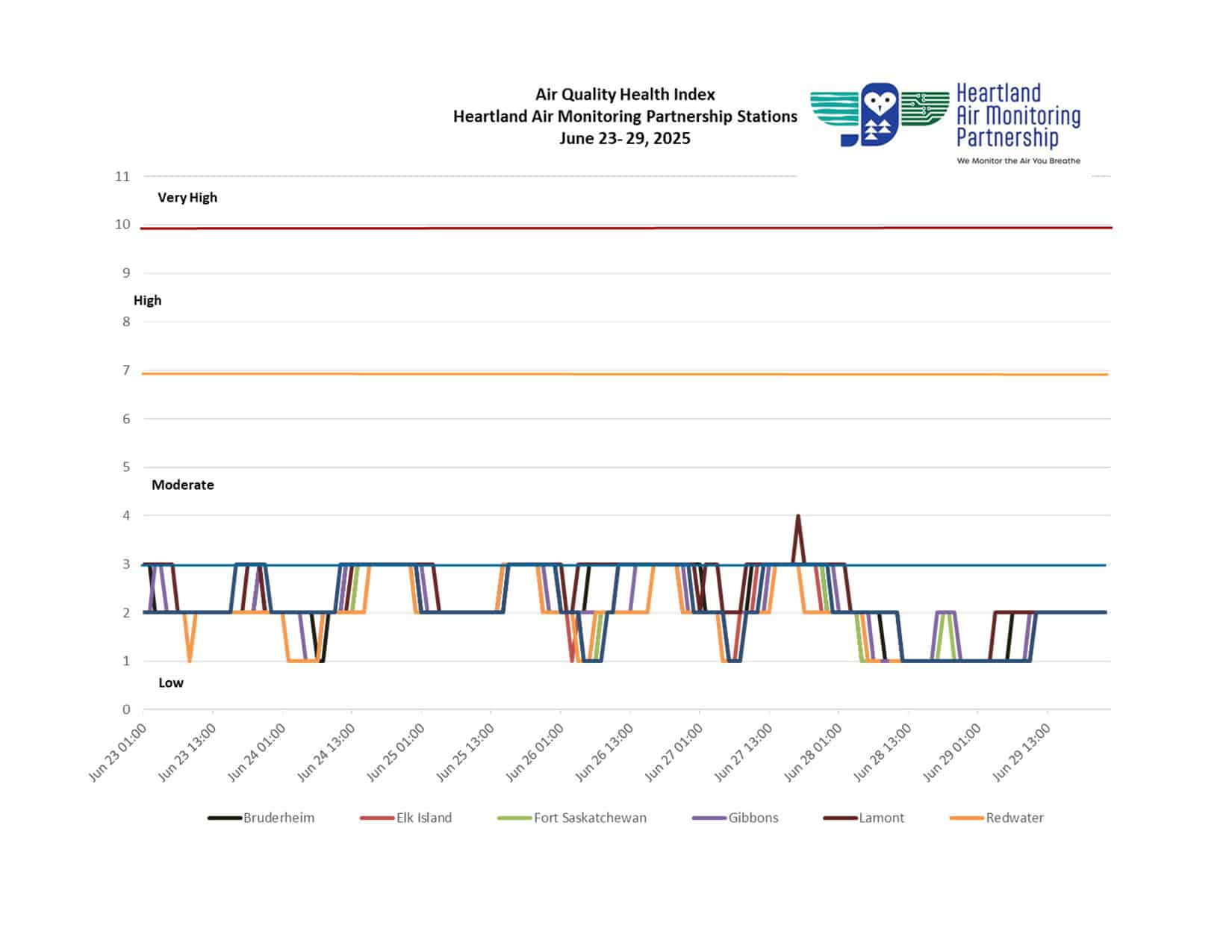Today, Members of Parliament will vote on a motion that has the potential—though unlikely—to bring down the minority Liberal government. The Conservatives have alerted the House of Commons that more such votes are forthcoming.
The NDP and Bloc Québécois have announced their intention to oppose the motion during the vote, which is scheduled to occur after question period today.
On Tuesday evening, Conservative Leader Pierre Poilievre introduced two additional non-confidence motions, aiming to increase pressure on the government by referencing criticisms from other opposition leaders and highlighting pressing issues such as housing, crime, and food costs.
Should any of these motions pass, the government would face defeat, likely triggering immediate political consequences.
What is a non-confidence motion?
A non-confidence motion essentially signals that MPs do not support the current government or its leader. This can happen for a lot of reasons, likedissatisfactionn with policies or leadership
If the motion is passed, it typically leads to the resignation of the Prime Minister and the government, often resulting in a new election. In a minority government, this is especially significant because it relies on support from other parties. So in Canada’s current situation, the conservatives need the NDP and Bloc votes.
To start the process, an MP usually introduces the motion in the House of Commons, and then there is a debate followed by a vote. If more than half of the MPs vote in favor, the government is considered defeated.







